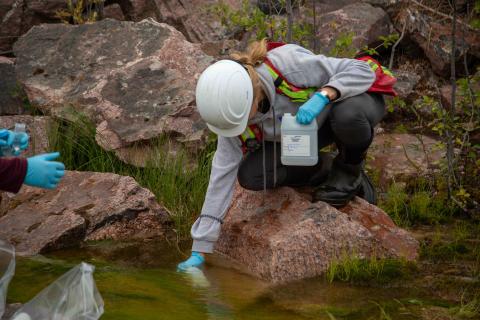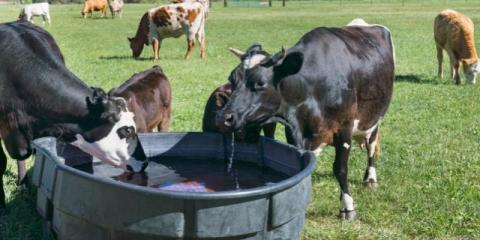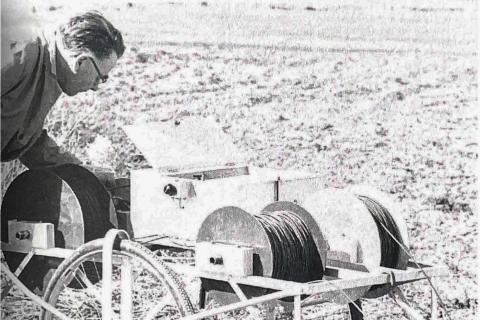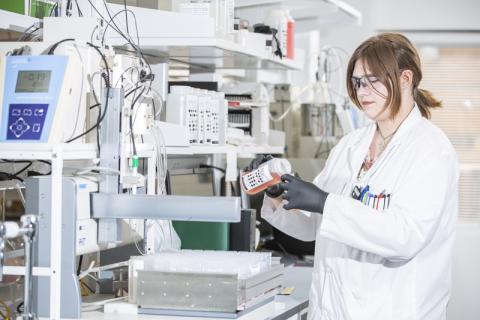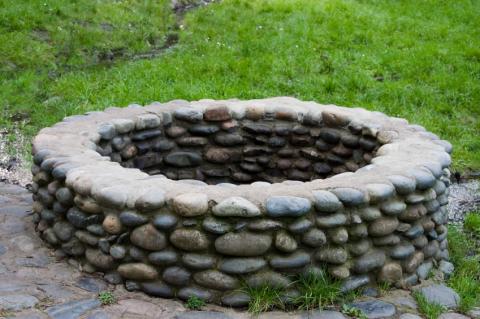Water is a reactive and dynamic medium. Although a sample bottle filled with water may look quite stable, as soon as that sample is taken, subtle changes can begin to take place. Read more to learn why it's important to follow the sampling and preservation guidelines provided by your laboratory.
Research shows that livestock with access to quality water will consume more, gain weight quicker and are less likely to develop health issues. Learn about some of the most common factors affecting water quality that we’ve seen at SRC Environmental Analytical Laboratories.
In the 1960s, SRC began the Geology and Groundwater mapping program, collecting and compiling data on the geology, quantity and quality of groundwater resources in Saskatchewan's agricultural regions. Learn more about this historic work and how it helped provide a basis for groundwater resources in the province.
Water testing is a hugely complex process involving multiple types of complex scientific instruments that require a significant technical understanding to operate. These complexities sometimes give rise to uncertainty in water test results, and this is where it's important that testing is done through an accredited lab. Learn why.
Easy access to clean drinking water is something Canadians often take for granted because of the abundance of water sources, from coast to coast. But there’s a lot that goes into actually ensuring the water we drink is safe and clean, including testing.
Water is said to be one of the major environmental impacts of oil and gas production. While industry has long been conscious of water treatment, both above and below ground, there are some significant challenges facing them regarding sourcing and using water.
Whether you’ve just bought a new home or you’ve been on your property for decades, testing your water is good for your health and your home. Five Reasons You Should Test Your Drinking Water.
